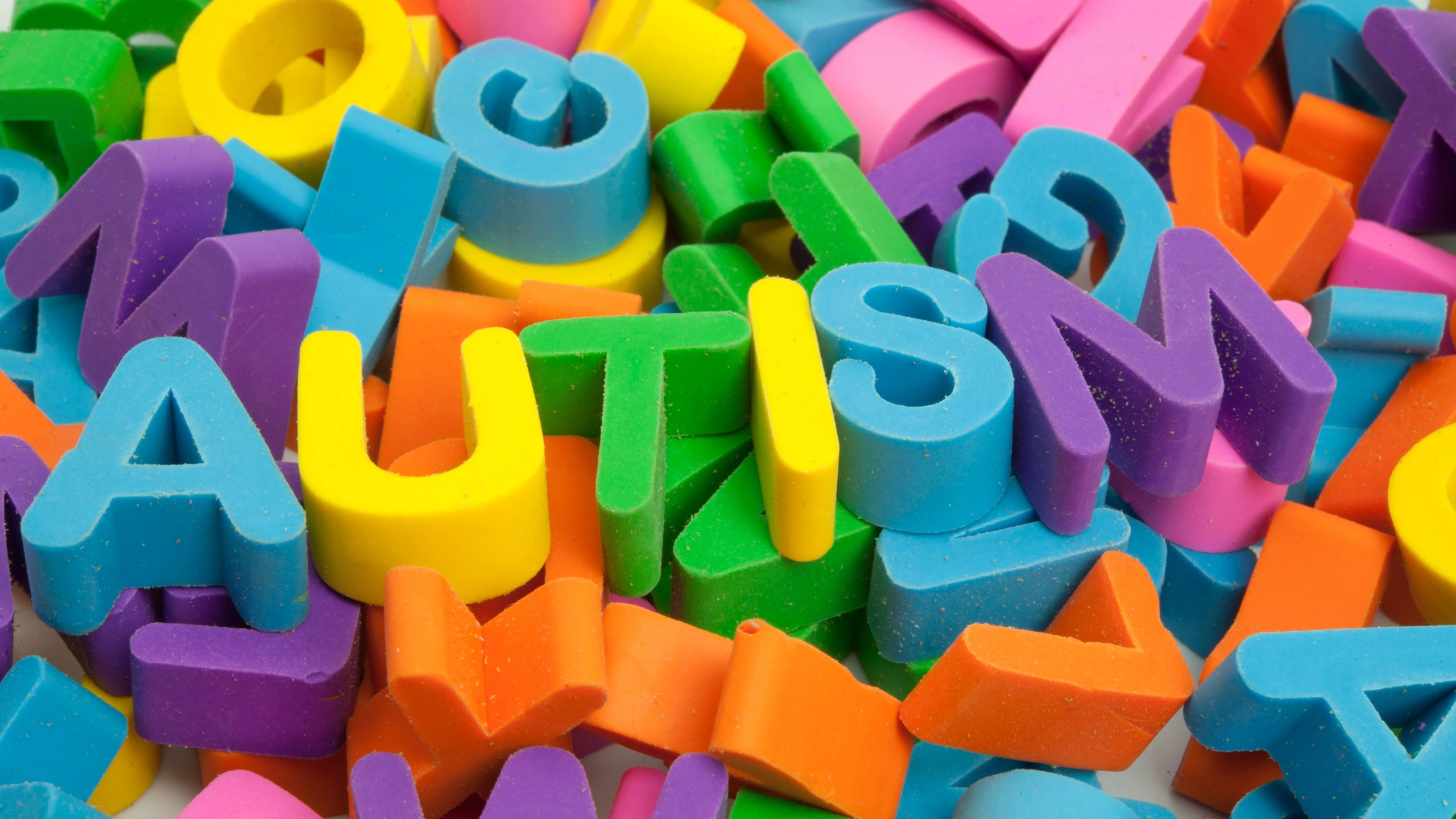23 Oct 2022
Children will have questions – what should you tell them?
One of the most difficult situations for parents in the present coronavirus crisis is what they should be telling their children and how to go about it.
There have undoubtedly been awkward questions already. All of our lives are being transformed in a way that has never been known before and children of all ages (yes, even infants!) are very sensitive when it comes to noticing changes around them.
This can be a very scary experience for young minds, particularly if they are kept in the dark and can’t make sense out of what exactly is going on.
So what should we be doing?
Talking is Important
It’s important to talk to children about coronavirus in a way they can understand, without adding to their concerns and by keeping the overall tone positive and relatively cheerful – everything is going to be alright.
Be light-hearted and reframe the situation as a positive. Remember all those jobs you never get around to doing? Well now is the time to do them. If you see the situation as an opportunity rather than as a disaster, your child will pick up on your positivity. Spread positivity, not coronavirus!
It really is a once in a lifetime experience. I don’t expect that we’ll ever see schools, restaurants and gyms closing indefinitely again. Encourage children to keep a diary or write a story about it. As well as being an aide memoire, it will help them process their thoughts and feelings about it.
If you don’t tell your child about it, they WILL know something is going on, and this will be more frightening or stressful for them than the actual reality of the situation. You might see this play out in their behaviour.
Depending on the age or developmental ability of your child, you can use visual aids to support their understanding of the information you tell them – these are often far easier for a child to make sense of than a verbal explanation.
There’s a wealth of resources now available online for this but this one is a good starting point.
If, during your chat, your child expresses worry, listen and take their concerns seriously, and then normalise the feelings. This is an entirely normal reaction to the current situation. It’s OK to feel a little uncomfortable – uncertainty and changes in routine do this to us.
Avoid portraying a fearful response
If parents are unable to contain their anxiety about what is going on, then we are going to have lots of very worried little (or big) ones on our hands. As a clinical psychologist working in child mental health, this is a massive concern for me.
Imagine two scenarios. In the first, Mum briefly mentions coronavirus, whilst making a joke about it, and then goes on to talk about something else. In the second, Dad goes on and on about the shortage of toilet rolls and whether the rent will be paid next month. How do the two situations make you feel differently?
The way children respond to the crisis will depend on how their parents respond. Be strong, be brave, be confident. Be the parent your child needs you to be.
Keep children off social media. It’s a hotspot for people who are unable to contain their anxiety. Cue Facebook post looking for paracetamol. What follows this is a long list of responses detailing shops where paracetamol is available. The post wasn’t needed because paracetamol IS IN THE SHOPS… where it always is!
The fear is irrational, and it causes anxiety, and this is easily spread. We need to be mindful of this.
We are here to help
If you are unsure if your child’s emotional or behavioural response to coronavirus is normal or if it requires specialist help, please do give us a call and we’ll be happy to discuss this with you.
We can also work with parents who are finding the current situation overwhelming – you are not alone!
Take the First Step Towards Understanding
Book your Autism or ADHD assessment today, with no waiting lists, expert clinicians, and clinics across the UK ready to help.
Related posts

5 Dec, 2025
Is ADHD Being Over-Diagnosed?

3 Dec, 2025
Autism and Anxiety

20 Nov, 2025
ADHD Signs in Teenagers

7 Nov, 2025